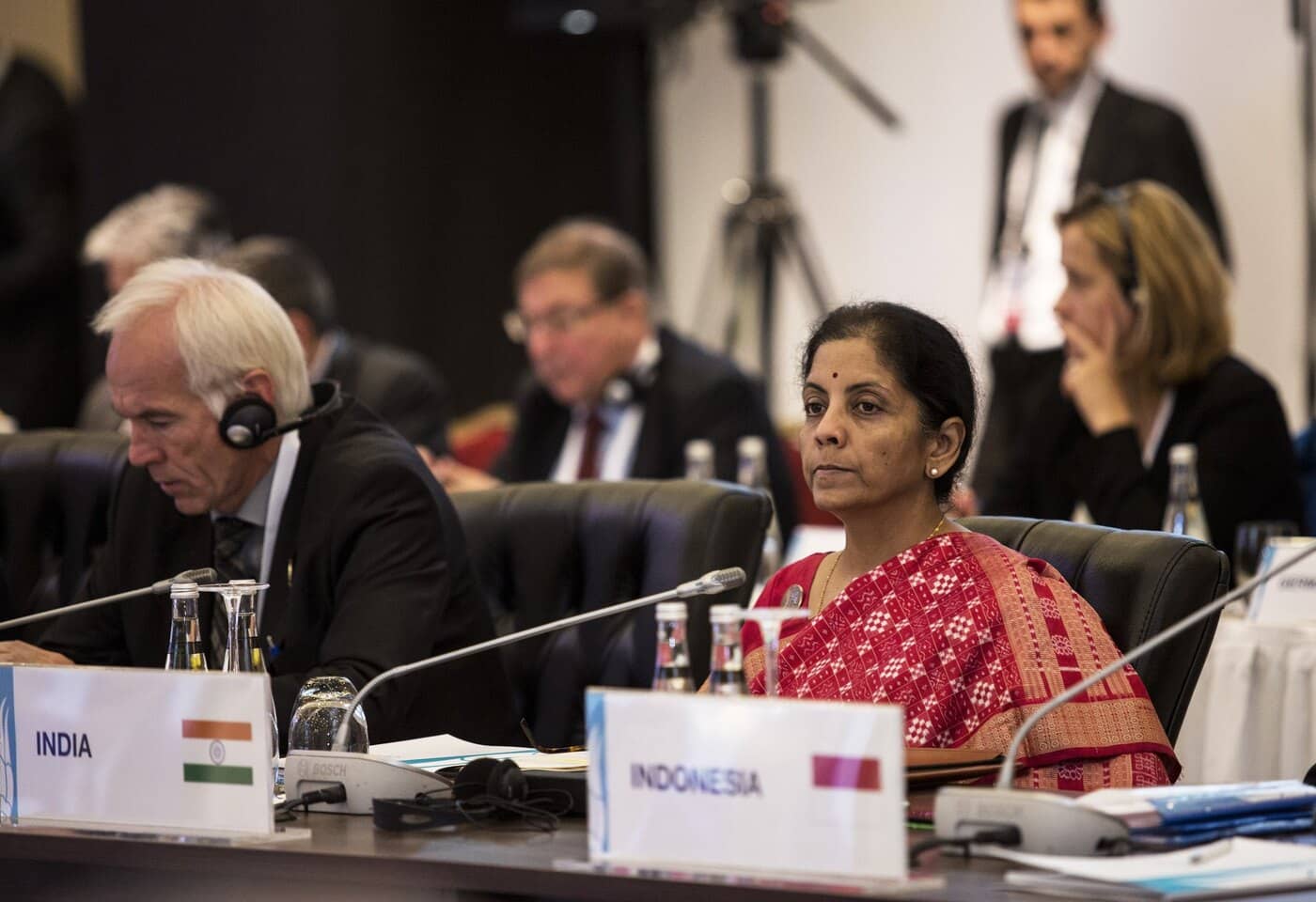
After the first two-day G20 meeting for Central Bank Governors (FMCBG) and Finance Ministers, the holder of this year’s G20 presidency, India, released its “G20 Chair’s Summary and Outcome Document”. The G20 summit in Bangalore on Feb 24-25 focused on establishing a global crypto regulatory framework.
During the meeting’s discussion on the crypto regulatory framework, India requested that the Financial Stability Board (FSB) and the International Monetary Fund (IMF) work together on a technical paper on crypto.
According to the summary document:
IMF and the FSB to jointly submit a synthesis paper integrating the macroeconomic and regulatory perspectives of crypto assets in September 2023.
The FSB is to issue recommendations on the supervision, regulation, and oversight of global crypto asset activities and markets by July 2023, the document said.
Additionally, the Bank of International Settlements (BIS) is to submit detail on conceptual and analytical issues related to crypto assets and potential risk reduction strategies. The document did not mention the end date of this report.
The IMF will also issue a report on macro-financial implications of the potential introduction and widespread adoption of Central Bank Digital Currencies (CBDCs), within the same month, the document noted.
According to the G20 statement:
“We look forward to the IMF-FSB Synthesis Paper which will support a coordinated and comprehensive policy approach to crypto-assets, by considering macroeconomic and regulatory perspectives, including the full range of risks posed by crypto assets.”
Several times, India’s finance minister Nirmala Sitharaman has mentioned in her talks that crypto assets will be a central point at the G20 summit under India’s presidency. In October 2022, she stated that India is looking to develop a technological regulatory framework or standard operating procedure (SOP) for virtual assets. She has also repeatedly called for international collaboration on the crypto regulatory framework.
According to Shaktikanta Das, Governor of India’s Central Bank, there has been a major shift in the outlook for cryptocurrencies in the world’s top 20 economies by 2022 with the collapse of several large crypto companies such as FTX. However, it has now become a bigger reality that there are risks involved in virtual assets now, he said.
Banning Crypto Should Be An Option – Says IMF
Kristalina Georgieva, Managing Director of the IMF spoke about crypto regulations during the G20 meeting. She showed her support for India’s views on private cryptocurrencies and other virtual assets. Georgieva said stronger enforcement of global regulations regarding digital assets is necessary.
She emphasized:
“There has to be very strong push for regulation.”
According to him, banning private crypto assets should be an option if there is laxity or failure to implement regulations.
Georgieva stated:
If regulation fails, if you’re slow to do it, then we should not take off the table banning those assets, because they may create financial stability risk.
Apart from the G20 meeting, the IMF released the results of discussions held by its executive board directors on a paper named “Effective Policy Elements for Crypto Assets”, on Thursday.
The first element of this paper is about the legalization of digital assets, which noted:
“Safeguard monetary sovereignty and stability by strengthening monetary policy frameworks and do not grant crypto assets official currency or legal tender status.”
Many executive board directors agree that targeted restrictions can be implemented. While few people said that there should be no ban on crypto assets. Furthermore, on Saturday, Georgieva again spoke in favor of the first element of the paper.
Georgieva said:
Crypto assets are nothing, they cannot be accepted as legal tender.








